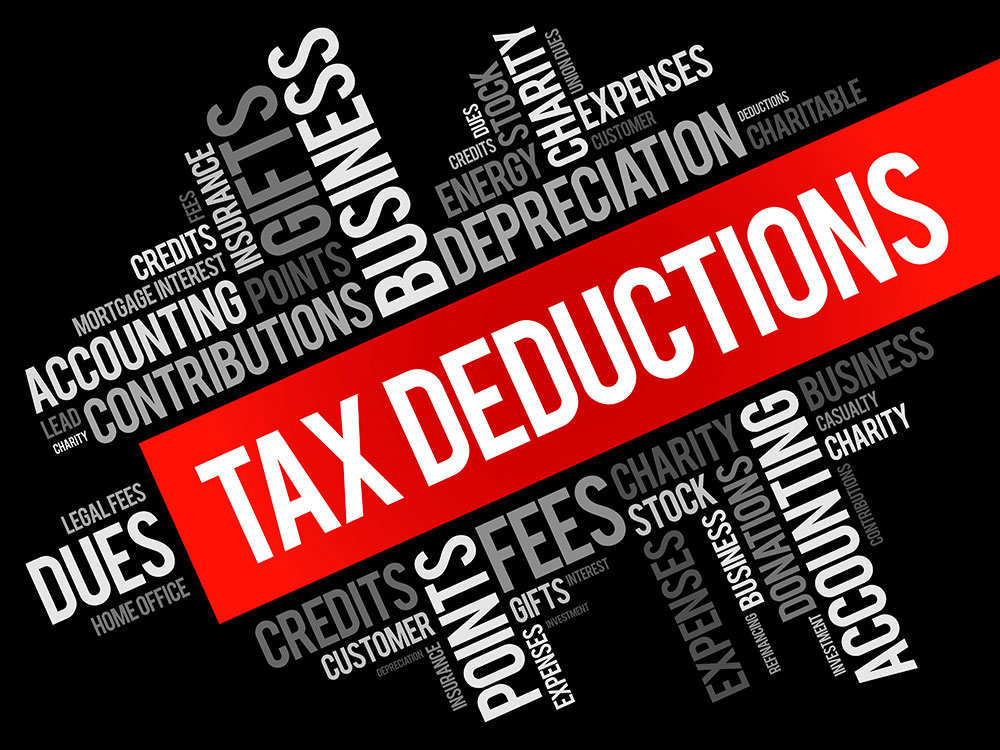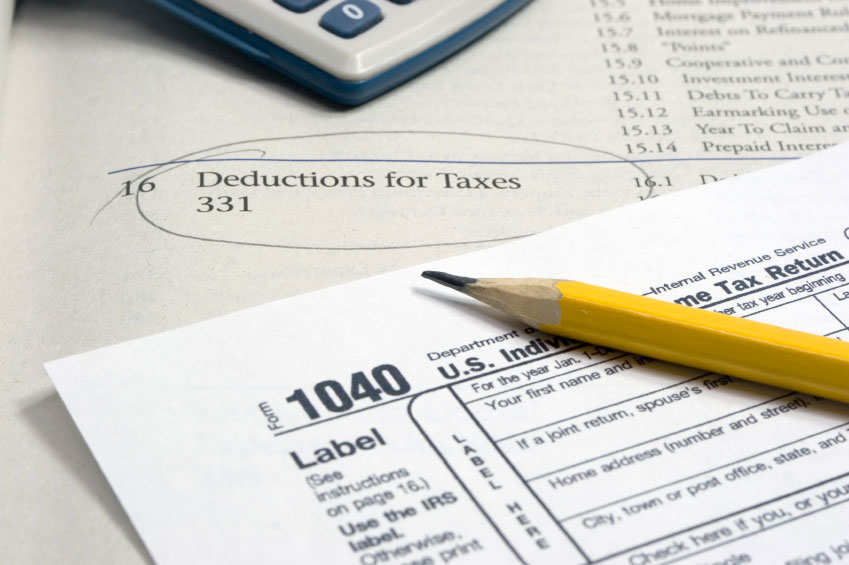9 Ways a CPA Helps You Save Money
December 1, 2020
With every business decision that you make, you probably try to calculate how much money you’ll need to spend versus how much money you could save. If you’re considering finally hiring a CPA, you should know that a CPA helps to save you money in many different ways. And, if you already have a CPA, you should know that they are definitely earning their keep. Following are nine ways that a CPA helps save you money, no matter what size business you have.
1. Avoiding IRS Penalties
Did you know that the IRS doesn’t consider ignorance of the law or innocent mistakes to be an excuse? When you make errors on your tax returns, the IRS can and will incur heavy financial penalties, no matter what the reason is. Considering that tax returns are more complicated than ever, it’s more likely that you or your bookkeeper will make mistakes that will result in IRS penalties. When you use a CPA to prepare and tax returns, you can be more certain that you won’t incur IRS penalties.
2. Avoiding Wasted Labor
It will take you, your spouse or your bookkeeper much longer to prepare and file your tax returns than it would a CPA. A CPA does tax returns full- time, year-round. Even when it’s not “tax season,” CPAs are busy helping individuals and companies manage their tax issues. Since you or your office “tax person” are only doing taxes once a year, the learning curve is bigger and much more time consuming. Even your bookkeeper would have to study up on the latest tax laws and reacquaint themselves with the return forms each year before they’d even be able to begin actually preparing your business returns. A CPA helps you avoid this wasted in-house labor.
3. Saving on Time
Do you or your assistant spend hours trying to figure out if certain expenses are tax deductible and if so, how to categorize them on your tax return? A CPA saves you money by sparing you the costly hours spent on trying to figure out and categorize line items during the year. If you have a CPA on hand, you or your assistant
can easily call or send an email to the CPA and find out how to post it in your accounting software. If you don’t use accounting software, your CPA will save you even more money by providing all your accounting services for you as the year goes on.
4. Taking Advantage of Tax Rebates
Tax rebates are often available for certain large items that save on natural resources or provide other sustainable benefits. If you have an office where you occasionally need to purchase things like a furnace, air conditioning units, refrigerators, large-format printers, computers and other high-energy equipment, you could be missing out on tax rebates. Your CPA can help save you money, first, by bringing available tax rebates to your attention, and then by making sure they are correctly applied on your tax returns.
5. Maximizing Deductions
Studies show that many tax filers leave money on the table because they’re afraid to take too many deductions. No matter what kind of business you operate, a CPA can save you a lot of money by maximizing your legal business deductions. Did you get real estate rental income on the side? Your CPA can ensure you take both depreciation and regular deductions for the year. Do you have one or more subsidiaries? Your CPA can make sure you properly report both income and expenses in a manner where you get the most deductions possible.
6. Leveraging Tax Laws
Tax law is so complex that it takes up many volumes in print form. CPAs stay on top of tax laws as they transform from year to year. Your CPA helps you save money by leveraging the tax laws in your favor. For instance, your CPA may be able to save you money by having you change your entity form from a sole proprietor to a C- Corp or S-Corp. Everything depends on your individual circumstances, but CPAs are adept at using tax laws to their clients’ advantage.
7. Spotting Costly Errors
One of the favorite things that CPAs like to do is to spot costly errors on previous returns and get back money for their clients. Note that even if you don’t currently have a CPA, you can hire a new CPA and ask them to review old returns. You can file an amended tax return three years from the date you originally filed, or two years from when you paid the taxes due. You could even possibly get back enough money from a previous error that will offset the cost of your new CPA!
8. Providing Financial Oversight
Do you have a bookkeeper doing your company books? Or maybe you have a small team of admin support who are in charge of payroll, writing checks, etc.? If so, it’s important to have financial oversight over that staff. Unfortunately, internal errors and even embezzlement are quite common, particularly in small offices where owners don’t have time to oversee every financial transaction. It’s very helpful to have a CPA to provide financial oversight to catch mistakes or even intentional mismanagement of your company’s funds.
9. Offering Business Advice
Did you know that you can rely on your CPA for business advice, too? CPAs are experts at managing cash flow, advising on business purchase decisions and helping owners to make decisions that will keep as much money from the tax man as possible. Your CPA can help save you money by ensuring that you’re making wise business decisions and not letting savings opportunities pass you by.
Remember, your CPA isn’t just your go-to person at tax time. They are an invaluable and lucrative resource all year round. You can rely on your CPA to save you money, keep more money in your pocket and help you to grow your business like never before.





